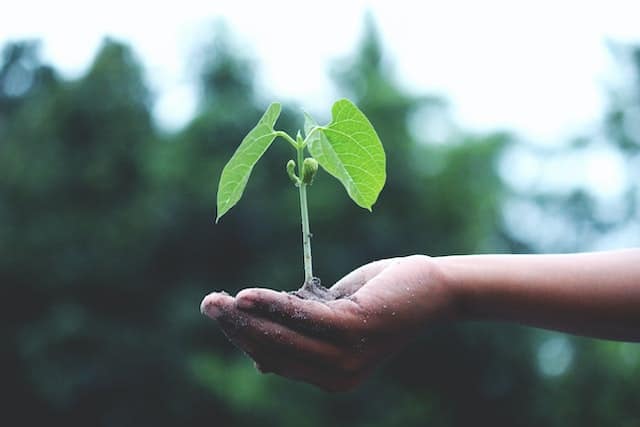
"BioLPG has moved beyond pilot status in Ireland. It is now available at scale, integrates with existing LPG assets, and is supported by a policy environment that is tightening around heat emissions. The next phase is about scale, standards and smart deployment: prioritising the right sectors, putting in place robust sustainability assurance, and aligning with public-sector and corporate decarbonisation roadmaps so BioLPG complements rather than competes with electrification and efficiency."
"Buildings decarbonisation requires speed and realism. Many rural homes and commercial premises face structural barriers to immediate heat-pump readiness (fabric, space, electrical upgrades). In parallel, specific process-heat needs sterilisation, high-temperature water, batch cooking are operationally critical in agri-food, hospitality and light manufacturing. Ireland's climate plan sets the direction of travel, but delivery depends on choices that work building-by-building. BioLPG fits as a drop-in fuel that achieves substantial emissions cuts with minimal disruption. gov.ie"
"BioLPG is produced from renewable feedstocks (e.g., residues, biogenic fractions in hydrotreated processes) and is chemically identical to LPG. That unlocks three advantages for Ireland: Compatibility with tanks, regulators and burners already installed across the country. Displacement of fossil LPG and oil with lower lifecycle emissions-Irish market guidance cites reductions of ~72-80% depending on the pathway. Speed to impact because switching can be achieved quickly via supply agreements and tank changeovers, rather than plant overhauls."
BioLPG has progressed to commercial scale in Ireland and integrates with existing LPG tanks, regulators and burners. Buildings decarbonisation requires a portfolio approach because many rural homes and commercial premises face barriers to immediate heat-pump adoption and several industrial processes require high-temperature or batch heat. BioLPG can displace fossil LPG and oil, offering lifecycle emissions reductions of roughly 72–80% depending on pathway. Supply agreements and tank changeovers enable rapid deployment without plant overhauls. The Renewable Heat Obligation, approved in 2025 and starting in 2026, creates a compliance regime that incentivises renewable heat content. Scale, robust sustainability assurance, sector prioritisation and alignment with electrification strategies remain critical.
Read at London Business News | Londonlovesbusiness.com
Unable to calculate read time
Collection
[
|
...
]